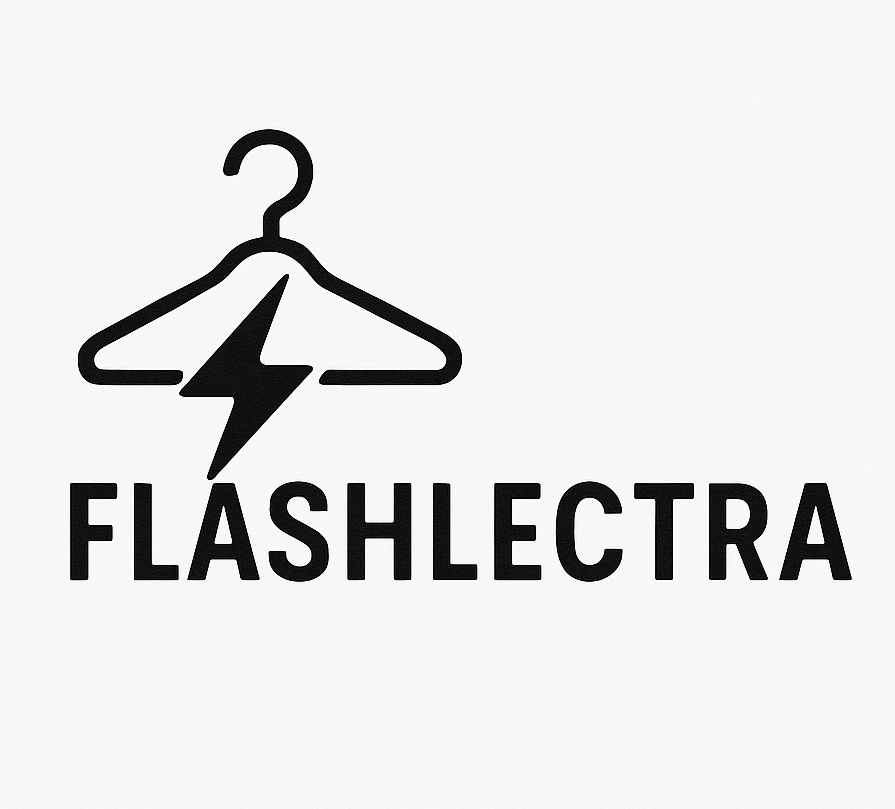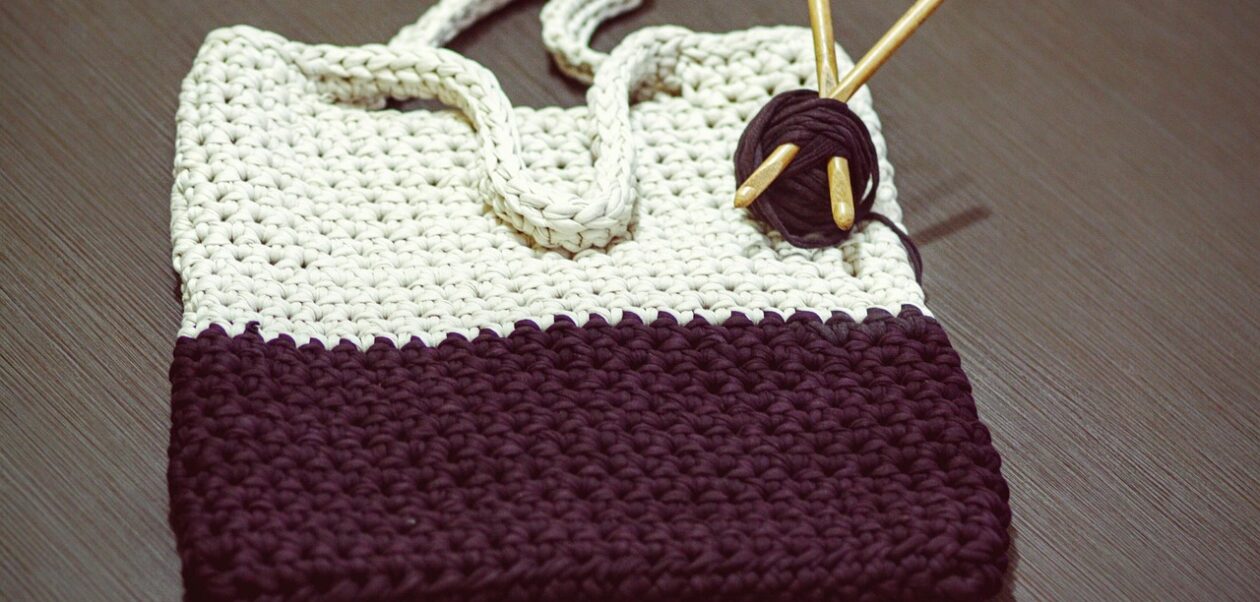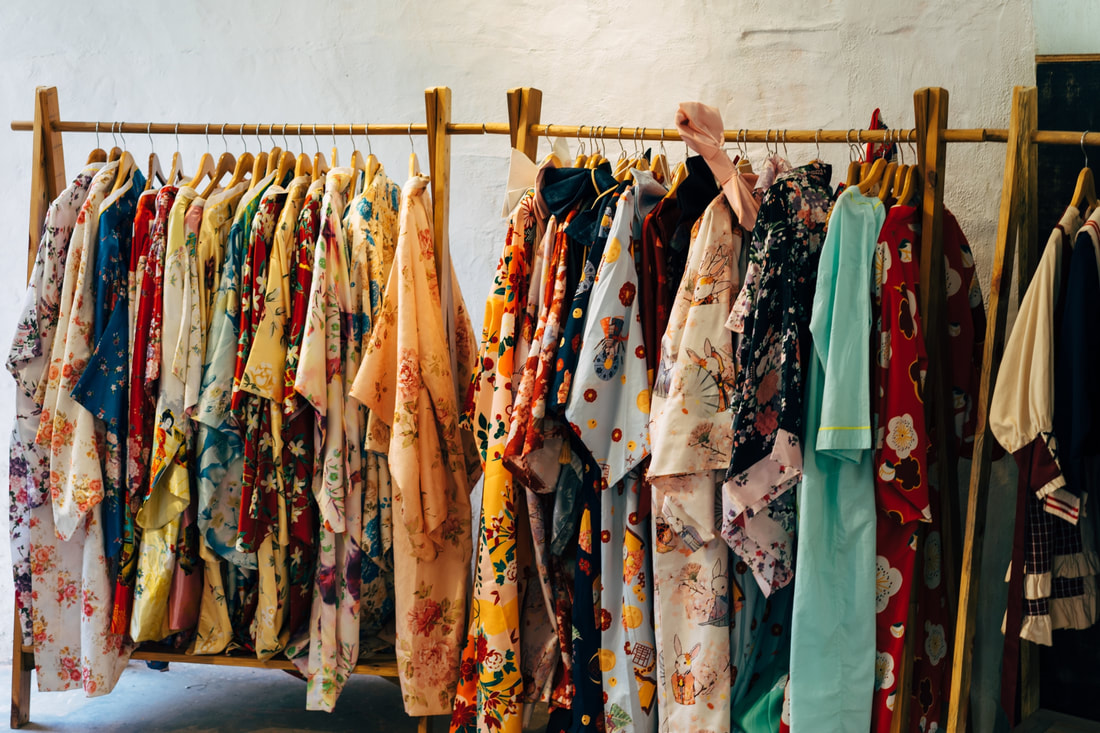In a more aware world citizenry regarding climate crisis and the impact of rapid fashion, there is one textile that’s getting headlines not only for its comfort and practicality but also for integrity to the natural world: organic cotton. Organic cotton is distinguished from regular cotton in that it is cultivated using production methods targeted at environmental wellness and equitable labor practices, securing its position as the pillar of green fashion.
This in-depth guide will take you on a ride from the origin of organic cotton fashion to how it is produced and ultimately to its many benefits and how you can transition over without missing out on style.
Acquainting Yourself with What Organic Cotton Fashion Really Is
What is Organic Cotton?
Organic cotton is cotton grown without the use of toxic pesticides, synthetic fertilizers, or genetically modified organisms (GMOs). Organic cotton is grown using methods of sustainable agriculture that build soil fertility, conserve water, and support ecosystems.
How Organic Cotton Is Different from Conventional Cotton
While convention cotton uses nearly 16% of the world’s insecticides and 7% of pesticides, organic cotton eliminates them entirely. Organic farming is all about diversity and soil nourishment. What is the result? A less polluting, healthier harvest for farmers and consumers.
Why Organic Cotton is Important in the Fashion World
The Dirty Side of Fast Fashion and Conventional Cotton
The fashion industry is one of the most environmentally destructive industries in the globe. Cotton farming through conventional farming practices greatly increases water pollution, pesticide intoxication, and greenhouse gas emissions. Additionally, fast fashion encourages excessive consumption, sweatshop working conditions, and fashion waste.
The Rise of Conscious Consumerism
Today’s consumers are becoming more aware about how they shop. Today, there is higher awareness on how our fashion impacts the environment. For this, most turn to eco-friendly means like organic cotton fashion.
The Environmental Benefits of Organic Cotton

Reduced Water Consumption
Organic cotton farming would actually need only 91% of water that is consumed in traditional farming. Conservation of water is significant, especially in drought- and water-scarce nations.
No Toxic Chemicals
Organic cotton does not use poisonous pesticides and fertilizers, keeps the soil fertile, encourages biodiversity, and does not contaminate water. It is significantly less environmentally and farm labor-harmful too.
Smaller Carbon Footprint
Organic cotton cultivation emits as much as 46% less greenhouse gas because there is less energy use and cleaner soils that store more CO2.
The Social Impacts of Organic Cotton
Better Farmers’ Working Conditions
Fair wages, safe working conditions, and better living standards are encouraged by organic cotton production. Most organic cotton schemes embrace international standards with social welfare components.
Empowerment of Local Communities
Organic cotton cultivation in countries like India, Turkey, and Tanzania provides economic empowerment to poor farmers, women, and vulnerable communities.
Health Benefits of Wearing Apparel Made of Organic Cotton
Gentle on Skin
Organic cotton has no poison chemicals and no artificial colorings, thus it is hypoallergenic and ideal for sensitive skin, babies, and eczema or allergy sufferers.
Breathable and Relaxed
Organic cotton is air-permeable and water-absorbent since the fibers are natural. It’s warmer in winter and cooler in summer.
How to Identify Genuine Organic Cotton Apparel

Certifications to Look For
When purchasing organic cotton clothing, check the following certifications:
- GOTS (Global Organic Textile Standard)
- OEKO-TEX Standard 100
- Fair Trade Certified
- Soil Association Organic
These guarantee that the cotton is grown and processed under rigorous environmental and ethical conditions.
Not Falling for Greenwashing in Fashion Marketing
Most brands self-categorize as “eco-friendly” with no actual backing from evidence. Always verify claims against certification and read a brand’s sustainability report.
Best Organic Cotton Fashion Brands You Need to Know
Patagonia
A pioneer of eco-fashion, Patagonia incorporates organic cotton into a norm in the majority of its essentials and champions supply-chain transparency.
People Tree
A pioneer in Fair Trade fashion, People Tree offers trendy and ethical fashion made entirely of organic and sustainable fabrics.
Thought Clothing
Thought Clothing, a British fashion brand, has experience with sustainable materials like organic cotton, bamboo, and hemp used in fresh, contemporary designs.
Pact
Pact offers everyday basics like underwear, sleepwear, and T-shirts—all 100% organic cotton and produced in Fair Trade Certified facilities.
What’s Hot in Organic Cotton Fashion Trends in 2025
Earthen Colors and Minimalist Fashion
Organic cotton’s earthy texture and muted color tone is most appropriate to lead fashion trends in 2025 with minimalist fashion.
Unisex Clothing
Organic cotton leads the way with unisex clothing, with comfort-oriented clothing blurring the line between menswear and womenswear.
Lounge and Sports Luxury Apparel
Organic cotton is increasingly being used by brands in designing athleisure and loungewear because of its stretchability, air cleansing, and softness.
Disadvantages and Challenges of Organic Cotton Fashion
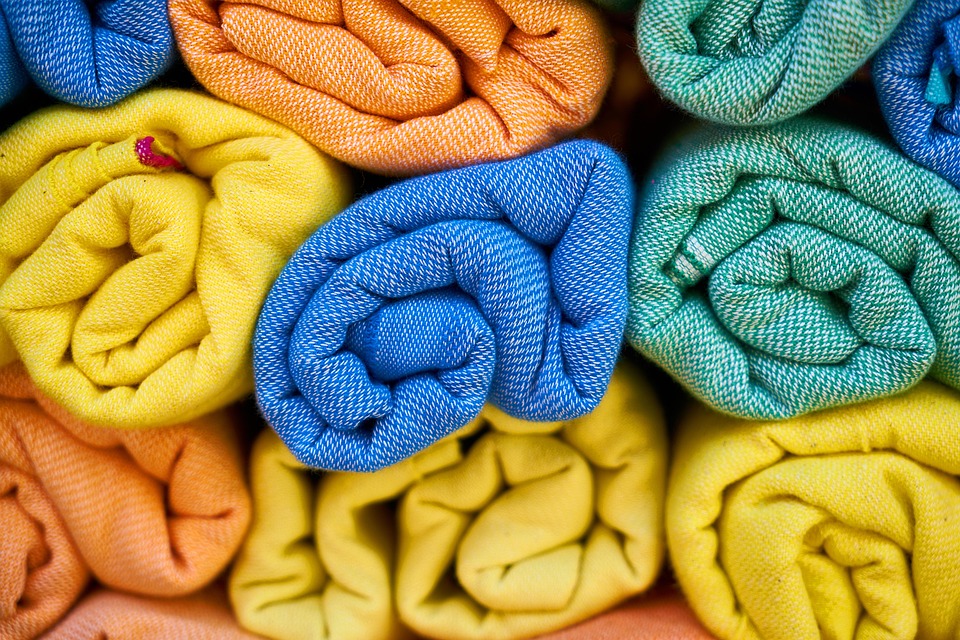
Higher Cost to Consumers
Since organic cotton takes more to cultivate and manufacture, the final product might be pricier than fast fashion. But let’s just consider it an investment in durability and ethics.
Limited Accessibility and Availability
Even with more companies embracing organic cotton, it’s still a niche industry. Customers in some locations may not enjoy as broad of an environmental selection.
Longer Production Cycles
Organic cotton apparel prioritizes quality and sustainability over speed. Product drops will therefore be slower compared to fast fashion cycles.
Turning Your Closet into Organic Cotton
Begin with Fundamentals
Begin small with some essentials like T-shirts, socks, and underwear. They touch the skin and have the largest impact when replaced by organic cotton.
Buy from Certified Sustainable Brands
Deal with companies that reveal their supply chain and use certified organic cotton. Investigate your purchases.
Fewer Better Quality
Opt for fewer higher-quality items made from organic cotton rather than purchasing numerous pieces of fast fashion. It is less wasteful and cheaper in the long run.
Treat Organic Cotton with Care
Extend the life of your clothes by washing in cold water, using eco-friendly soap, and drying out as much as possible.
Organic Cotton Compared to Other Eco-Friendly Fabrics
| Feature | Organic Cotton | Bamboo Fabric | Hemp Fabric | Recycled Polyester |
|---|---|---|---|---|
| Eco-Friendly | ✅ High | ✅ Medium-High | ✅ High | ✅ Medium |
| Biodegradable | ✅ Yes | ✅ Yes | ✅ Yes | ❌ No |
| Water Usage | ✅ Low | ✅ Low | ✅ Very Low | ✅ Low |
| Chemical-Free | ✅ Yes | ❓ Not always | ✅ Yes | ❌ No |
| Skin Sensitivity | ✅ Excellent | ✅ Very Good | ✅ Good | ❓ Depends |
| Price | 💲💲 | 💲💲💲 | 💲💲💲 | 💲 |
The Economic Future of Organic Cotton in Fashion
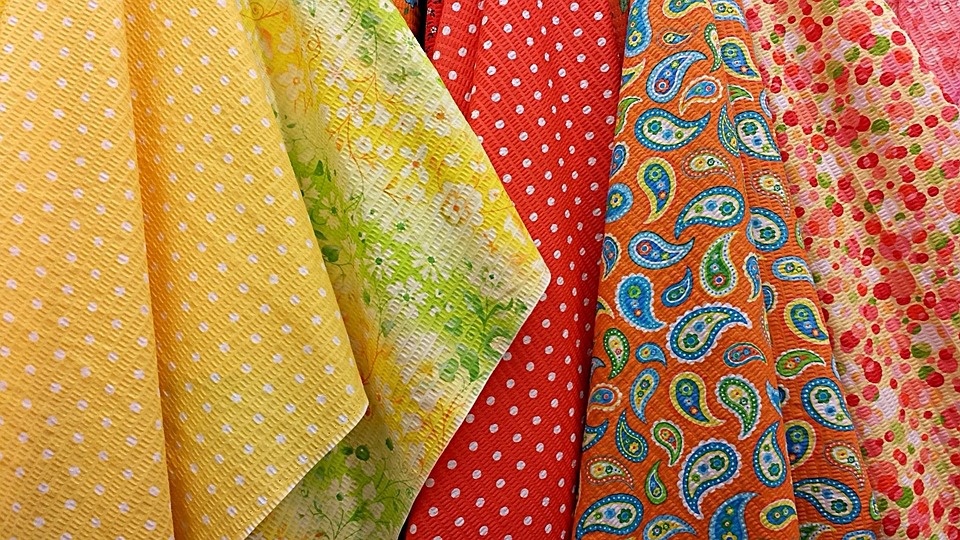
Market Demand is on the Rise
With sustainability at its core, organic cotton business is poised to grow over 20% by 2030, according to business reports.
Government and NGO Support
Global efforts such as the Better Cotton Initiative and Organic Cotton Accelerator are making investments in organic agriculture infrastructure, subsidies, and farmer training.
Production Innovations
Advances in technology are simplifying organic cotton production, lowering costs even more and raising availability.
Closing Thoughts on Adopting Organic Cotton Fashion
Organic cotton fashion is not a trend—it’s a movement toward a better world. Organic is not just a label—it’s a stance on:
- Clean water
- Healthy soil
- Safe working conditions
- Ethical consumerism
- Timeless, skin-loving clothing
While there is still work to be done in terms of affordability and scalability, the benefits are more than outweighing the limitations. As more and more conscious consumers make informed decisions and companies take the leap to lead the way, organic cotton fashion is paving the way to a sweeter, greener future for fashion.
Ready to Switch?
Whether buying a warm hoodie or updating your wardrobe, take the leap to sustainability. Research certified organic cotton brands and wear your values on your sleeve.
